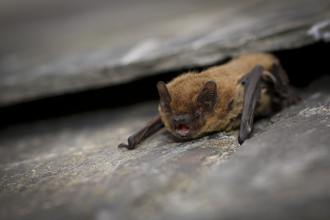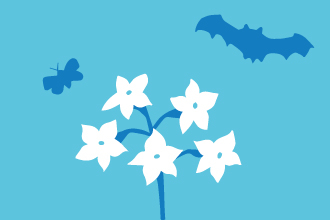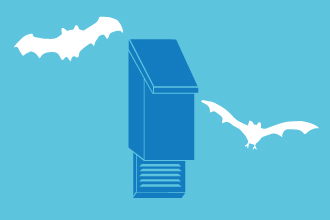When she’s not busy heading up the conservation volunteers at Brockholes, Lorna herself is a volunteer with local wildlife groups and a volunteer Bat Roost Visitor for Natural England. This year her volunteering has seen her rehabilitating bats, particularly a group of baby Common Pipistrelle bats that were orphaned during the cold and wet summer period.
Young bats, known as pups, are each born furless and flightless and are reliant on their mum’s milk until they are strong enough to fly and catch insects to feed themselves. Each female bat usually has just one pup per year and bonds closely with her baby. The pups grow really quickly and within around six weeks of being born they are almost fully grown and are able to fly and become self-sufficient. However, in their early months these little bats face a host of challenges.
Lorna told us; “As a volunteer, I was called to a local house where lots of very young bats, only about 10 days old, were crawling from their roost under the roof slates towards the warmth of the chimney flue of the house. Each night several pups were getting through a small gap into the chimney (alongside the warm flue) then falling right down to the ground floor of the house and crawling out under the lady’s gas fire. Their mums couldn’t follow through the narrow gap to retrieve them, so by the time they crawled out at the bottom they were cold and exhausted.”




